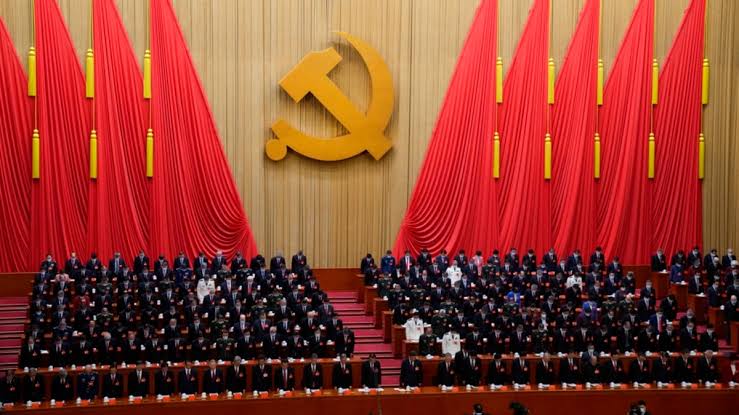The National People’s Congress of China today, Monday, approved amendments to the States’ Council Organic Law, confirming a change to grant more executive authority to the Communist Party, effectively sidelining China’s cabinet, the State Council.
The amendment, passed by large majority of delegate votes of 2,883 delegate votes, with eight opposing and nine abstaining, the Party’s central leadership role is yet, another step in a trend of concentrating power within the Party’s hands.
Li Hongzhong, vice chairman of the National People’s Congress Standing Committee, says the revision would “deepen reform of party and state institutions” and “fully implement the Constitution” which aligns with constitutional changes made in 2018 that reassured the Party’s dominance.
According to Asian law professor from Georgian University, Washington D.C, Thomas Kellogg he said, “It is yet another sign that the Party is both increasing its overt control over state organs and wants to be seen as fully in charge.” He further said, “Politics is in command, and both Party cadres and government bureaucrats are meant to pay ever-closer attention to the Party’s dictates and ideological directives as the key guide for day-to-day decision-making.”
The premier’s post-parliament news conference which was cancelled signals the departure from a three-decade tradition, which also means the Party’s tightening grip on governance mechanisms. Under Xi Jinping’s leadership, new central party committees have emerged therefore increasing his authority over various ministries. These developments signal a restructuring of power dynamics, with the Party exerting direct influence over economic and policy domains traditionally overseen by the premier.
Although according to Ryan Mitchell, a professor of law at Chinese university of Hong Kong Ryan Mitchell, he said, “This is a significant shift in the reorganization of executive authority in China. While it is always clear that the head of the Party is the most influential figure in the overall hierarchy, the exact division of labour in policymaking and, especially, oversight of policy execution, can be opaque.”



Can you be more specific about the content of your article? After reading it, I still have some doubts. Hope you can help me.